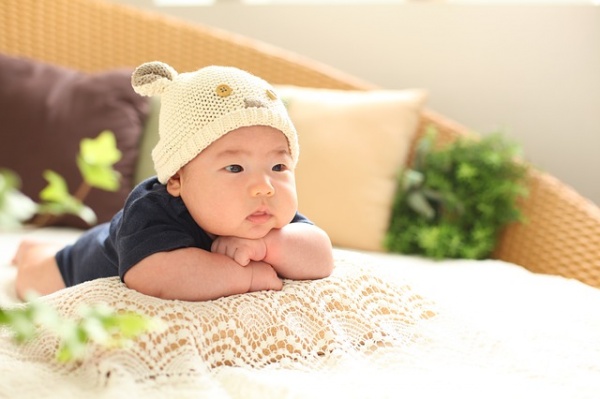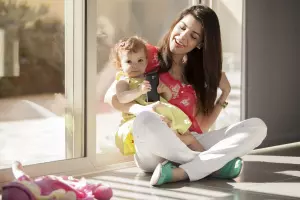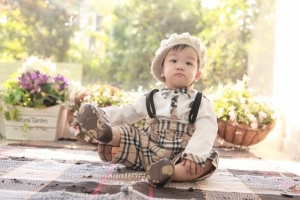The Most Harmful and Helpful Types of Parenting
I remember when we were first-time parents who thought we were doing the right thing, but perhaps not so. The parenting philosophy we were following was a technique that allowed babies to “cry it out” and essentially to sleep. We were visiting my parents for Christmas, and we did what dutiful parents would do and followed this technique perfectly.
Unfortunately, the baby did not cooperate, and my mother said she could not take his crying anymore. Her point was that he was in an unfamiliar place alone in the dark and probably scared. I do not remember the outcome, but I will not forget what my mom had to say about our parenting that night.
I felt as if I may have done something more harmful to my baby than helpful. Knowing which parenting types are helpful or harmful is one way to avoid a terrible experience. Psychologists today have recognized four distinct types of parenting: authoritative, neglectful, permissive, and authoritarian. Three of these types are considered harmful and the other one helpful.
The most harmful types of parenting
Outside of the obvious abusive type of parenting, there are some types you will want to avoid when raising a child.
Neglectful parenting is a very harmful type of parenting and even falls under abuse. It is a harmful type because the child has no basis for developing healthy relationships. However, it sometimes is not as easy to recognize as other forms of abuse. Some signs of neglectful parenting are as follows:
- Neglecting physical, emotional, and other needs of a child.
- Inability to connect with a child in any way.
- Lack of interest in child’s activities, friendships, and schooling.
- Leaving a child alone for long periods of time.
Read also – Here Is Why Modern Parents Should Be More Strict
Permissive parenting may not seem like it would be a harmful type of parenting because the parents are highly loving and supportive of their child. The harmful part of this type of parenting is the fact that there are little to no boundaries, and if there are boundaries, they are inconsistent.
Children will grow up with no empathy, little self-discipline, and self-control, be self-centered, have no respect for rules or authority, and the inability to understand consequences. Some signs of this type of parenting are:
- Little to no rules that are inconsistent or constantly changing.
- Avoidance of confrontation with a child.
- The desire to be child’s best friend or good friend.
Authoritarian parenting is considered to be a highly demanding parenting style. There usually is not open communication between parent and child, and the expectations can be unreasonable. As the child grows, they will develop low self-esteem, fear of authority, little social skills, and possibly rebellion or disobedience outside of parental influence. Some signs of authoritarian parenting are:
- Strict rules that must be followed no matter what.
- The child has little to no say in their decision making at any age.
- Punishments administered rather than consequences.
- Little emotional connection with a child.
The most helpful type of parenting
A helpful type of parenting is one that allows children to grow and develop into productive human beings in society. Authoritative parenting allows parents to have a healthy relationship with their child. Parents are the authority. They are not overbearing. Their expectations are high, but they allow their child to learn and grow with healthy boundaries. Some characteristics of this parenting style are:
- Structured home routine.
- Definitive consequences for not following household rules and routines.
- Reasonable expectations of behavior.
- Healthy communication with a child.
Read also – 7 Ways to Respond When People Think You Are Uncaring
Parents of harmful types of parenting should seek professional help as soon as possible so that the family can learn and grow in a healthy environment. Remember, it is never too late to change, especially for the sake of your little one.










